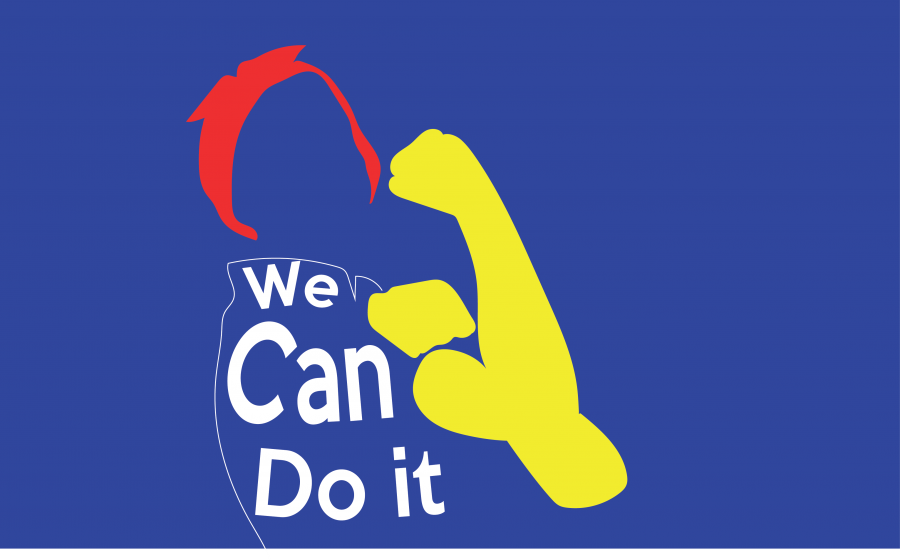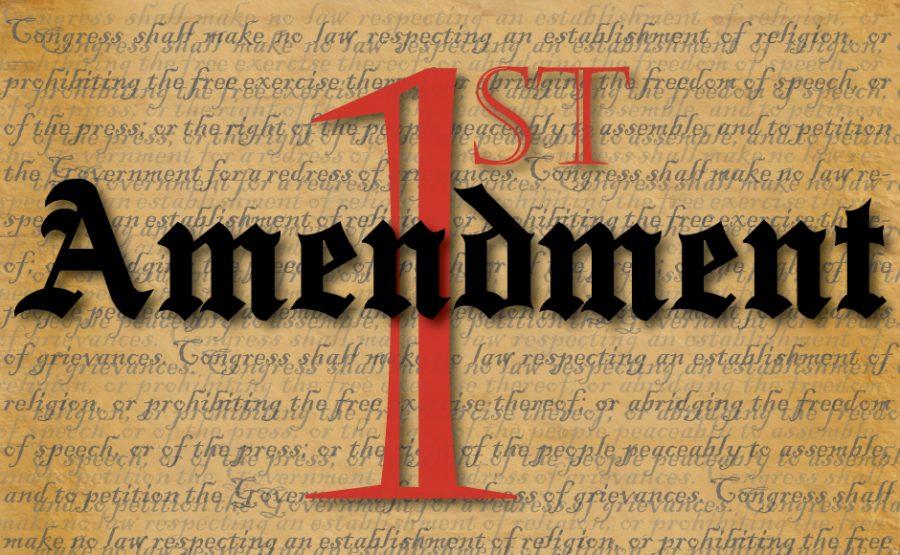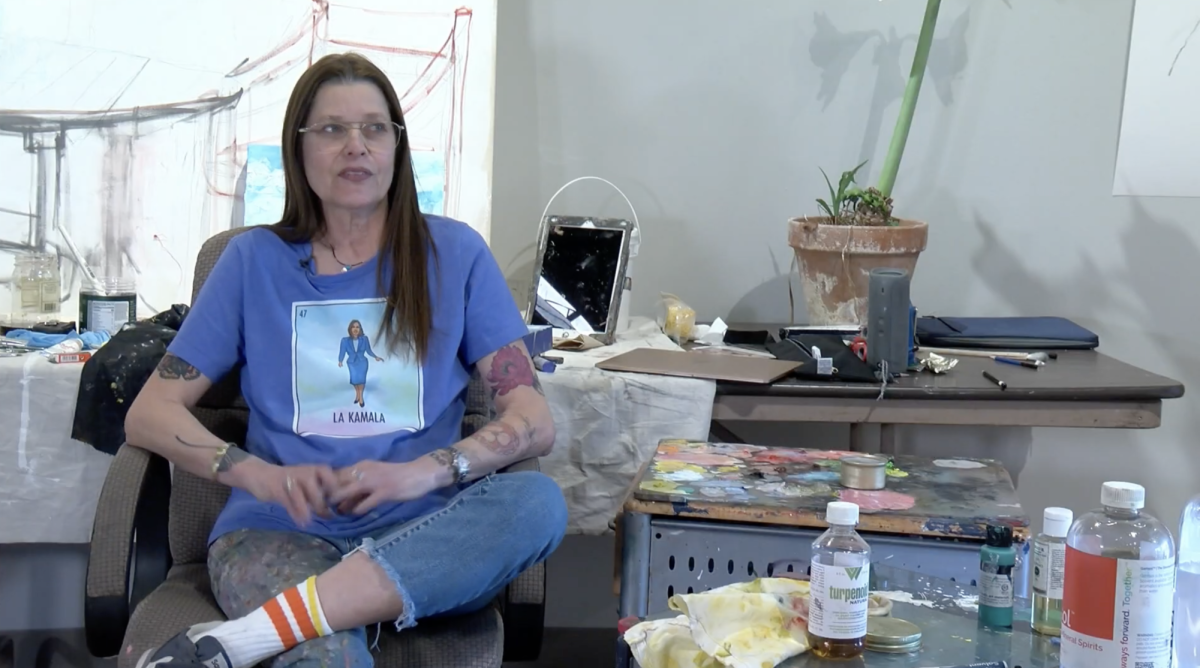AAUW holds Equal Pay Day ACES
April 10, 2017
In honor of Equal Pay Day on April 4th, the Buena Vista University (BVU) American Association of University Women (AAUW) chapter held an ACES event titled “Equal Pay Day: The Simple Truth About the Gender Pay Gap” to discuss the wage gap between men and women in the United States. The three speakers were Professor of Digital Media Dr. Andrea Frantz, Professor of English Dr. Annamaria Elsden, and Assistant Director of Career and Personal Development Lori Berglund.
Elsden, Frantz, and Berglund prepared a slideshow with details about the wage gap along with personal anecdotes that described their experiences with the wage gap and gender bias.
“I think that numbers don’t always tell the story,” said Frantz before telling a personal story where she experienced the wage gap first hand. Frantz described a time when she had just received her Master’s degree and was hired on to teach at an institution along with a man. Even though they had the same amount of job experience and schooling, Frantz found out that her male counterpart was making $5,000 more than her, but she was threatened with losing her job when she tried to speak out on the inequality. Frantz stated, “this is not something that is different from today, it reflects the reality that many women out there face.”
Berglund went on to pinpoint reasons that contribute to the wage gap, one being that women and men choose different majors in college as well as different occupations after college. Elsden discussed the role that negotiating has in perpetuating the wage gap. “We do reward good negotiators, typically it’s men because women are taught ‘don’t rock the boat or you’ll lose your job’,” said Elsden.
“AAUW and other researchers have found that discrimination and bias are responsible for gender pay gaps of between 6 and 12 percent,” said Berglund, who quoted the statistic from the presentation. “Typically, mothers are paid less while fathers are paid more, even though statistically women are making up a larger number of head of households,” said Berglund.
The presentation concluded with names of legislation that was passed or is in the process of being passed that works to decrease the wage gap. The 2009 Lilly Ledbetter Fair Pay Act, the Paycheck Fairness Act, and the Fair Pay Act were a few that were highlighted.
Frantz discussed the importance of contacting government representatives to discuss issues such as the pay gap to promote change.
“We operate under a representative democracy, meaning that the people that our taxes pay to represent us, are employed by you, by us,” said Frantz. “If you have a passion about a specific issue, whether it’s the pay gap or immigration reform, it’s their job to read those emails.”







